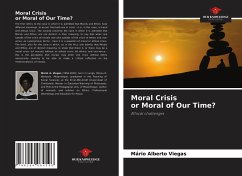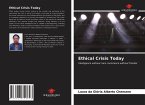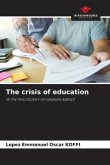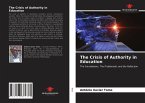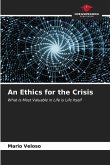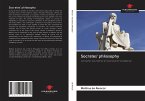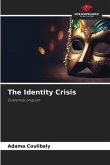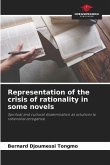The first refers to the case in which it is admitted that Morals and Ethics have different meanings, to assert that both are in crisis - it is, in this case, a moral and ethical crisis. The second concerns the case in which it is admitted that Morals and Ethics are not distinct in their meaning, to say that when one speaks of the crisis of morals one also speaks of the crisis of ethics and vice-versa, as synonymous terms - here it is a question of moral or ethical crisis. The third, also for the case in which, as in the first, one admits that Morals and Ethics are of distinct meaning, to state that there is or there may be a moral crisis (of morals) without an ethical crisis (of ethics) and vice-versa - this is the perception that morals may enter into crisis without ethics necessarily ceasing to be able to make a critical reflection on the metamorphosis of morals.
Bitte wählen Sie Ihr Anliegen aus.
Rechnungen
Retourenschein anfordern
Bestellstatus
Storno

